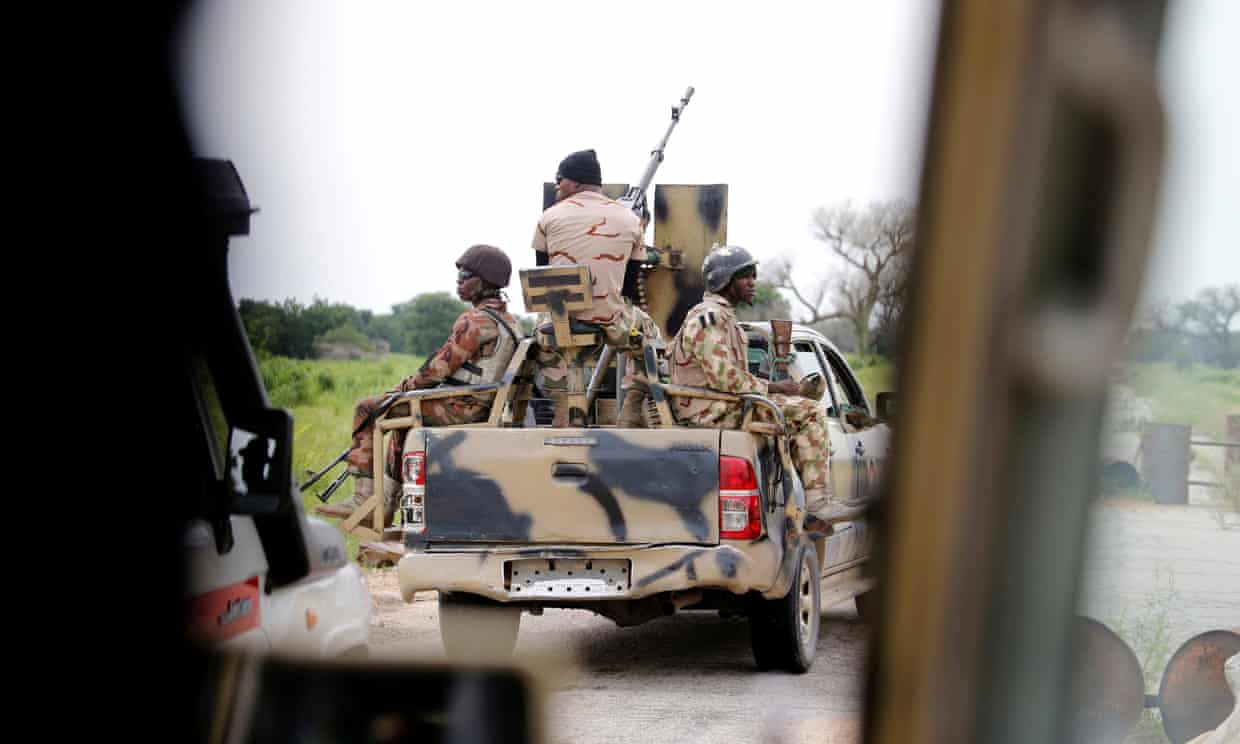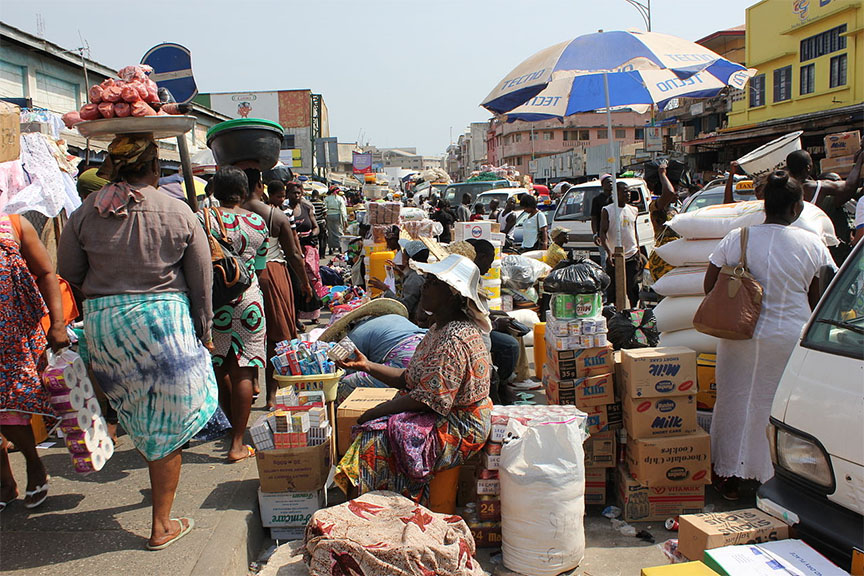Attack blamed on Islamic State in West Africa another blow to efforts to defeat insurgency ahead of presidential election

Islamist militants have killed up to 30 soldiers in an attack on a military base in north-east Nigeria in one of the biggest attacks of its kind this year.
Security sources said on Saturday the attack on Thursday by suspected members of Islamic State in West Africa was on a base in Zari village in the north of Borno State.
In 2016 ISWA split from Boko Haram, the jihadist group that has killed more than 30,000 people in the region since 2009, when it launched an insurgency to create an Islamic caliphate.
The Zari attack highlights the challenge to secure the north-east, months ahead of a February election in which security looks set to be a campaign issue.
“The battle lasted for about two hours and our colleagues fought them, but things became bad before the fighter jets arrived. We lost about 30 of our soldiers and about 10 were wounded,” said a military source who did not want to be named.
Another source, who also did not want to be named, said 20 to 30 troops had been killed in a surprise attack. Details only emerged days later because it occurred in a remote area near the border with Niger.
The attack, in the Guzamala local government area of Borno, is the latest blow to Nigeria’s efforts to defeat insurgencies by Boko Haram and ISWA.
Earlier this week Nigerian government officials ordered thousands of displaced people to return to Guzamala, an area considered by aid agencies to be unsafe, as pressure mounts to show progress in the war against the insurgents ahead of the presidential election.
The president, Muhammadu Buhari, a former general, won the 2015 election after vowing to crush Islamist militants. He plans to seek a second term in February.
In July the fourth commander in 14 months was named to lead the fight against the militants after a number of embarrassing defeats, despite the government having said since late 2015 that the Islamists in the region had been defeated.
In mid-July 20 Nigerian soldiers went missing following a clash with militants in the Bama area of Borno. Military sources say the troops are feared dead.

